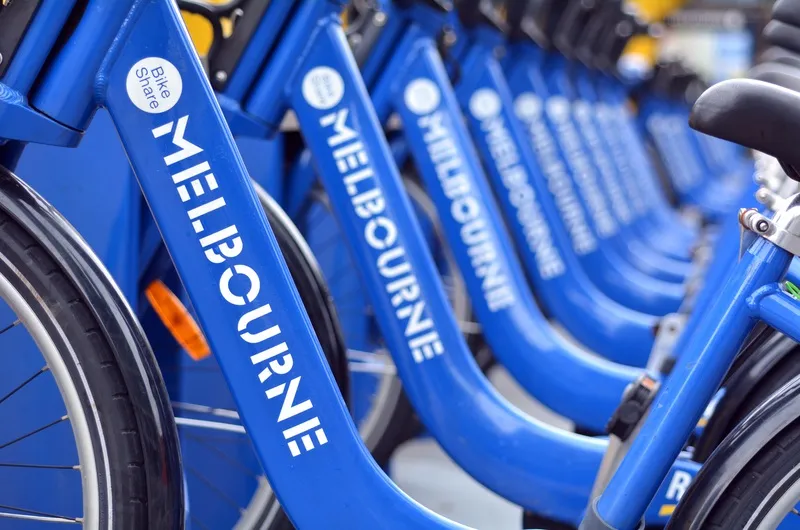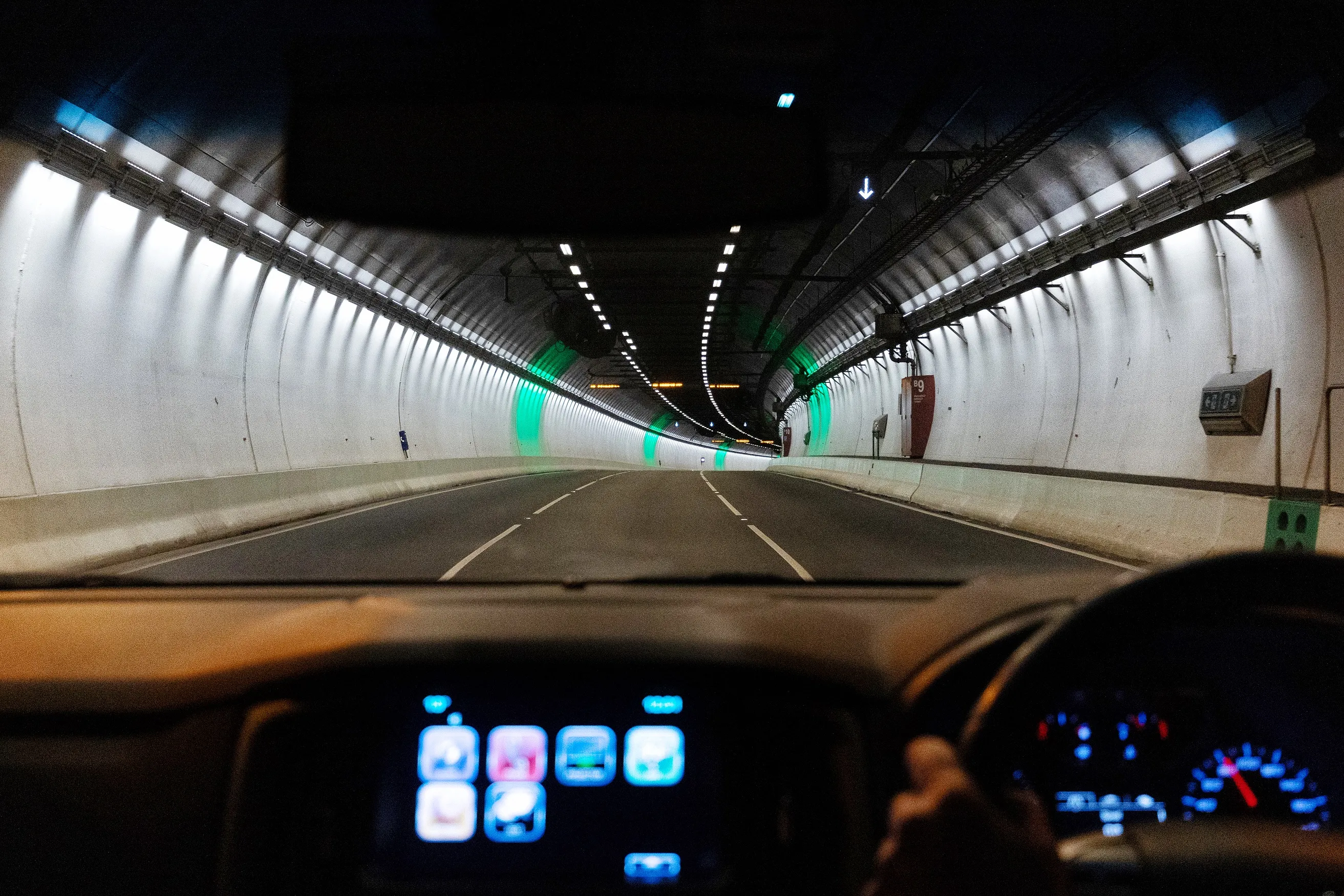Congestion costs would drop by more than a quarter if automated vehicles (AVs) account for 30% of kilometres travelled, says Alan Tudge, Australia’s minister for cites urban infrastructure and population.
Speaking at the Australia-New Zealand Cities Symposium in Sydney, Tudge revealed findings from the Bureau of Infrastructure, Transport and Regional Economics.
“They estimate it would drop from $37 billion of avoidable congestion to $27 billion,” Tudge says. A 30km freeway journey in Melbourne has increased from 21 to 27 minutes in the last 10 years, while average morning peak-hour journeys in Sydney now take 65% longer than off-peak trips, he added.
He claimed that AVs will reduce congestion as the cars would be able to safely travel more closely together. He referred to data from autonomous mobility developer Zoox, which showed that today’s vehicles only occupy 8% of the freeway.
“If the vehicles were automated, then they could travel far more closely together,” Tudge went on. “If they occupied, for example, 16% of the space rather than 8%, you are effectively doubling the freeway capacity.”
However, many industry experts warn that AVs will not reduce congestion unless road users are prepared to share rides.
Tudge claimed that AVs could make ride-share more affordable, reliable and widespread, therefore taking other vehicles off the road: “Combining artificial intelligence with connectivity would also allow active management of transport networks in real-time through predictive modelling, enabling congestion to be addressed before it happens.”
Tudge acknowledges that uptake for AVs will be slow but predicted that the technology will “almost certainly” be a significant feature of large cities around the world within the next decade.
But he emphasised that governments must provide the right regulatory environment. Currently, the Australian government is working with regional authorities, the National Transport Commission and
Last October, the government pledged $10m to advance work to prepare Australia for AVs and other transport innovations which included the establishment of the Office of Future Transport Technology within the Infrastructure Department.
AV technology ‘could reduce congestion’, says Australian minister
Congestion costs would drop by more than a quarter if automated vehicles (AVs) account for 30% of kilometres travelled, says Alan Tudge, Australia’s minister for cites urban infrastructure and population.
Speaking at the Australia-New Zealand Cities Symposium in Sydney, Tudge revealed findings from the Bureau of Infrastructure, Transport and Regional Economics.
“They estimate it would drop from $37 billion of avoidable congestion to $27 billion,” Tudge says. A 30km freeway journey in Melbourne has increas
February 26, 2019
Read time: 2 mins








